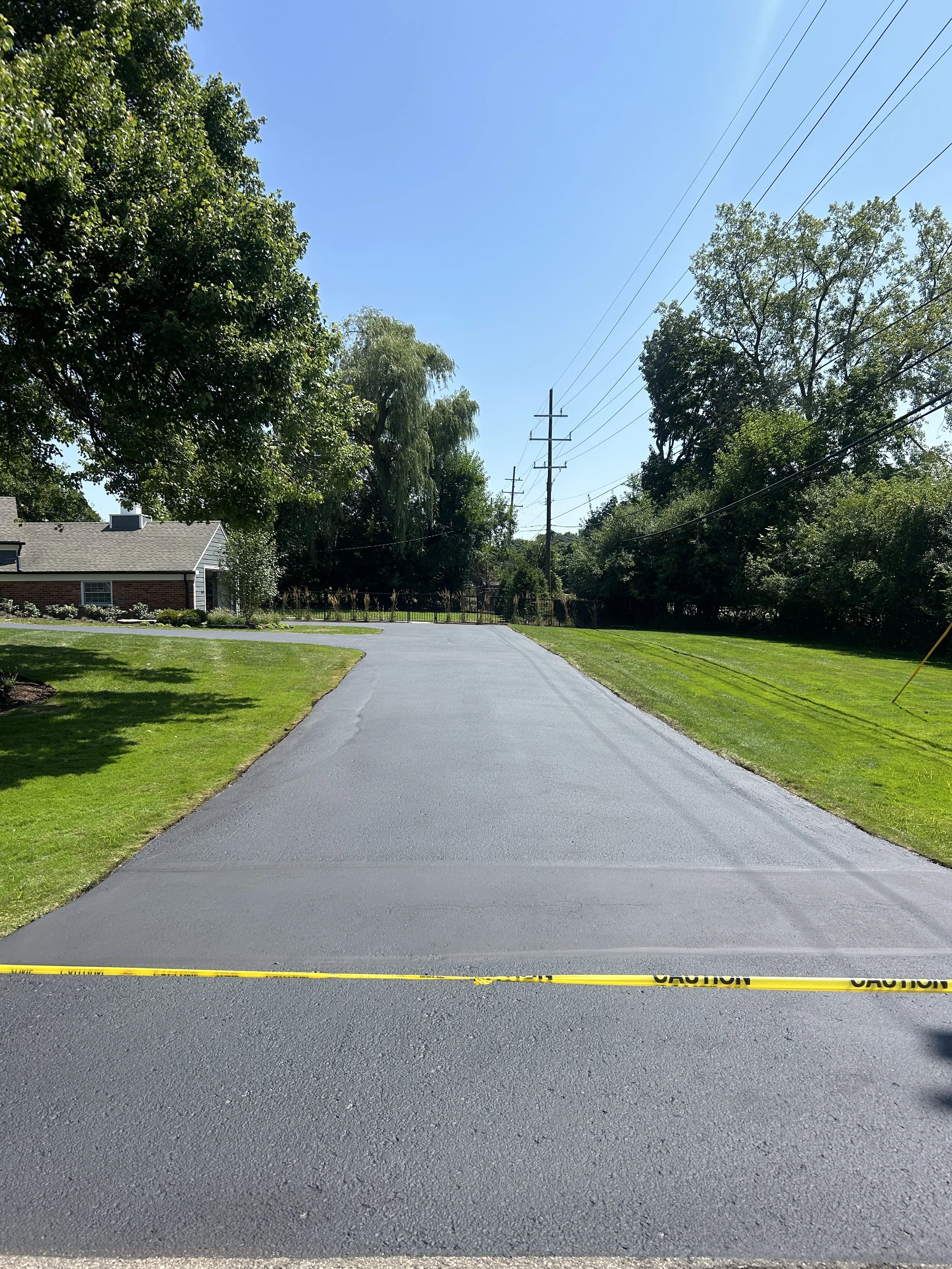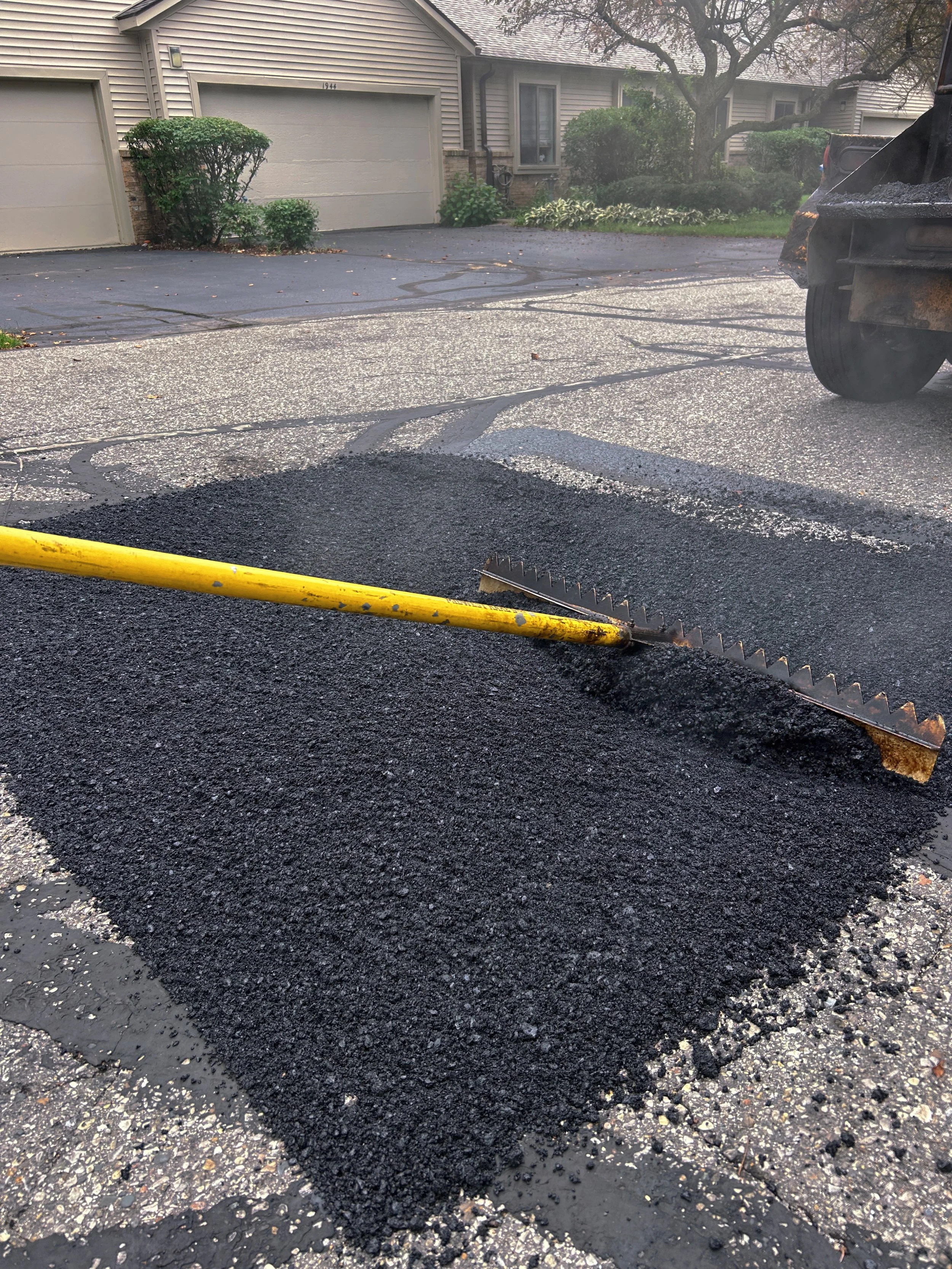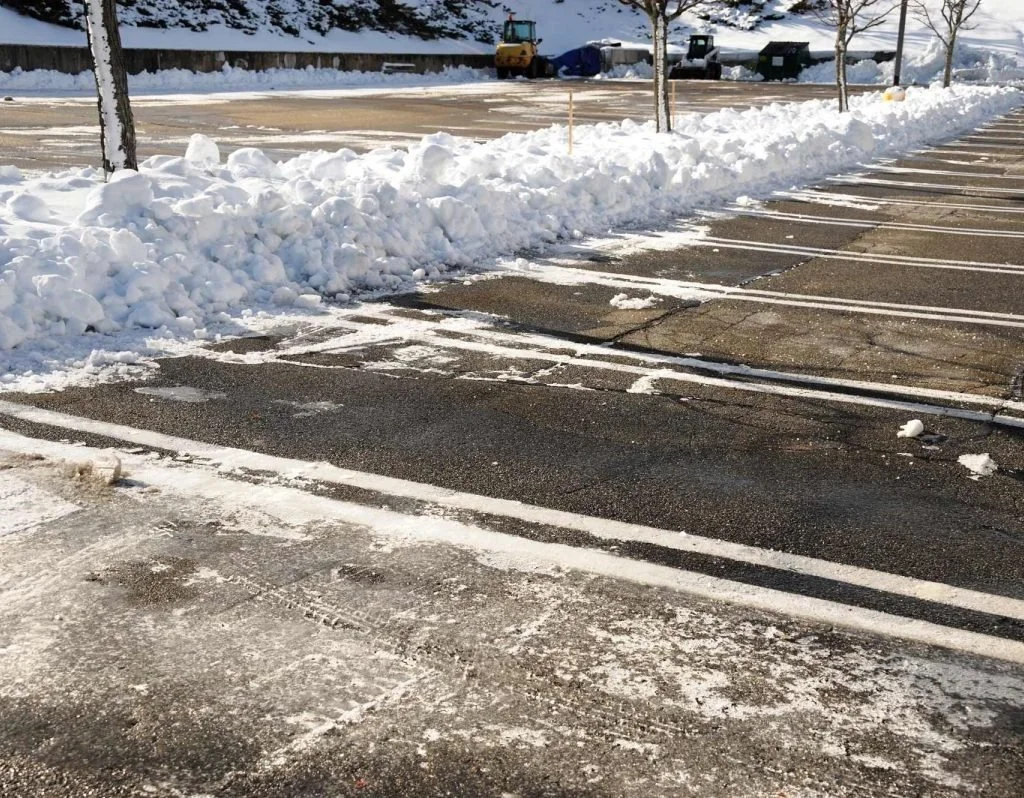How Does Snow Cause Potholes on Asphalt Roads?
As winter approaches, many people know to expect their drives to work to become a bit more uncomfortable. Unfortunately, potholes form for various reasons, one of them being those white flakes that look so good coming down but can cause serious disruptions to our everyday lives. A severe snowstorm almost always results in messy roadways, but why is it that asphalt suffers so much from cracks and potholes? Is there anything that homeowners, business owners, or municipalities can do about it? We have all the answers you need right here!
Protect Your Asphalt Pavement From Winter Weather With These Tips
You might be surprised to learn that it is not necessarily the harsh cold temperatures that can negatively impact your asphalt surface. It is actually the freeze-thaw cycle that happens continuously all winter long. When ice and snow begin to melt, it creates pooling water on asphalt surfaces, which can compromise the integrity of the surface.
Sealcoating Your Driveway - Tips And Benefits
With warmer weather comes maintenance and repairs to parking lots and driveways. Sealcoating your parking lot or driveway is an easy way to extend the life of the asphalt and improve the curb appeal of your property - saving you money in the long run.






